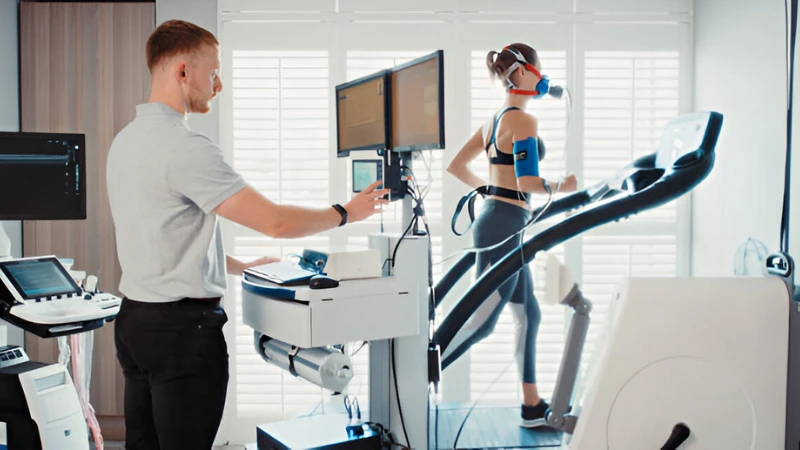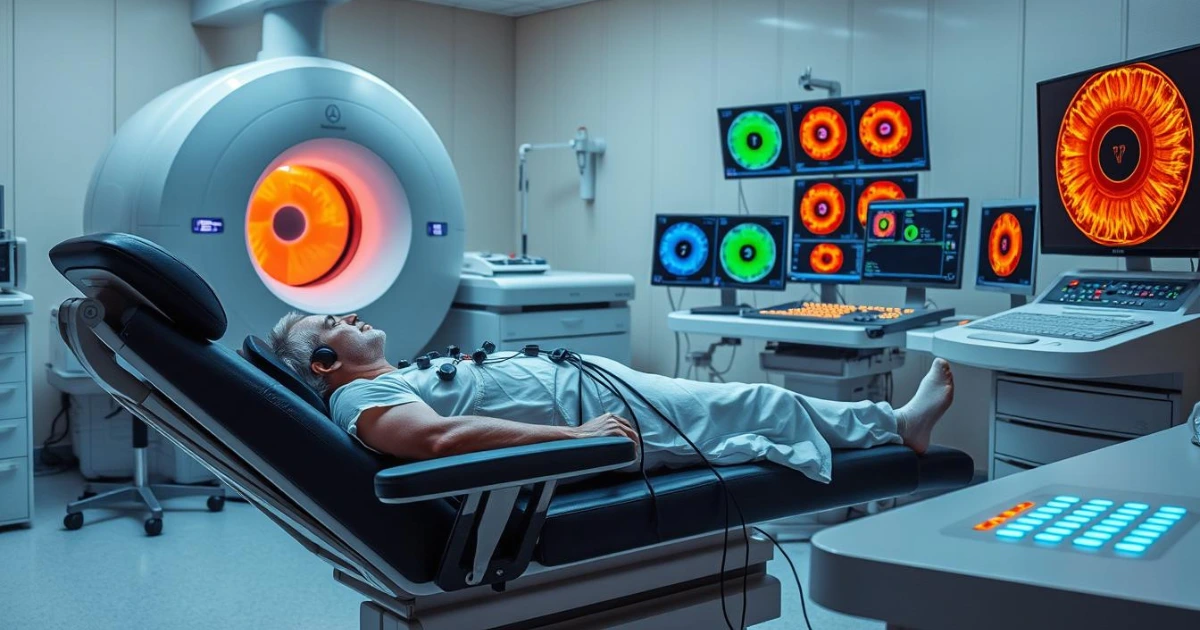Understanding Cardiovascular Rehabilitation
Table of Contents
Cardiovascular rehabilitation, commonly referred to as cardiac rehab, is an essential program designed to help individuals recover and lead healthier lives after experiencing heart-related health issues. Whether you’re recovering from a heart attack, heart surgery, or other cardiovascular conditions, embracing this process is vital for improving heart recovery and maintaining long-term wellness.
What is Cardiovascular Rehabilitation?
Cardiovascular rehabilitation is a medically supervised program aimed at improving your cardiovascular health. This program focuses not just on physical recovery, but also on emotional well-being and long-term lifestyle adjustments. The program generally combines three key elements:
- Exercise training: Tailored physical activities to strengthen the heart and enhance endurance.
- Education: Teaching patients about heart health, risk factors, and healthy living strategies.
- Counseling: Providing emotional support and stress management techniques to aid in recovery.
The Importance of Cardiac Rehab for Heart Recovery
Engaging in a cardiovascular rehabilitation program significantly boosts heart recovery outcomes. Research shows that individuals who actively participate in cardiac rehab are more likely to live longer and experience fewer recurrent cardiac events. In addition, the program helps restore physical function, reduce chest pain, and enhances overall confidence in managing heart health.
Key Benefits of Cardiovascular Rehabilitation
- Improved Heart Health: Structured exercise programs enhance cardiovascular fitness and help to reduce blood pressure.
- Healthy Weight Management: Lifestyle modifications, including diet changes, aid in maintaining a healthy weight.
- Stress Reduction: Emotional support and relaxation techniques help lower stress and reduce anxiety.
- Enhanced Quality of Life: Increased energy and resilience allow individuals to return to daily activities with ease.
Cardiac Rehab Tips for Success
To maximize the benefits of cardiovascular rehabilitation, consider these tips:
- Follow Your Doctor’s Advice: Always adhere to your physician’s guidance and the structure of the rehabilitation program.
- Adopt a Healthy Lifestyle: Focus on a heart-healthy diet, prioritize sleep, and quit smoking or other harmful habits.
- Stay Consistent with Exercise: Regular physical activity tailored to your recovery stage is essential for success.
- Track Your Progress: Celebrate small milestones to stay motivated and monitor your achievements.
- Engage in Community Support: Connecting with others who are undergoing similar journeys can offer mutual encouragement.
Integrating Cardiovascular Rehabilitation into Daily Life
Cardiac rehab extends beyond clinic visits. It’s about embedding sustainable lifestyle changes that prioritize heart health. This could include mindful food choices, minimizing sedentary behavior, and managing mental stress. The goal is to seamlessly incorporate healthier habits into your routine to support long-term heart health.
FAQs About Cardiovascular Rehabilitation
1. What is cardiovascular rehabilitation?
Cardiovascular rehabilitation, or cardiac rehab, is a medically supervised program designed to help individuals recover from heart-related conditions, improve heart health, and adopt a healthier lifestyle.
2. Who can benefit from cardiac rehab?
Anyone who has experienced a heart attack, heart surgery, angioplasty, heart failure, or other cardiovascular issues can benefit from cardiac rehab. It’s also helpful for individuals at risk of developing heart problems.
3. What does a typical cardiac rehab program include?
A cardiac rehab program typically consists of physical exercise, education on heart-healthy living, nutritional guidance, and emotional support for stress and anxiety management.
4. How long does a cardiovascular rehabilitation program last?
The duration of cardiac rehab varies but typically lasts between 6 to 12 weeks, although it can be extended depending on individual needs and progress.
5. Is cardiac rehab safe for everyone?
Yes, when guided by healthcare professionals who tailor the program to each individual’s condition, limitations, and recovery stage, cardiac rehab is generally safe.
6. Do I need a referral for cardiovascular rehabilitation?
Yes, most programs require a referral from a doctor or cardiologist to ensure that the program is suitable for your condition.
7. Can I do cardiac rehab at home?
Yes, some patients can participate in home-based programs, which may include remote monitoring, exercise recommendations, and periodic check-ins with healthcare providers.
8. What are the costs of cardiovascular rehabilitation?
Costs vary by location and insurance coverage, though many insurance plans, including Medicare, cover a significant portion of the expenses when the program is deemed medically necessary.
9. How soon after a heart event can I start cardiac rehab?
Most patients can start cardiovascular rehabilitation within a few weeks of a heart event or surgery, though this depends on the individual’s health status and doctor’s advice.
Final Thoughts
Cardiovascular rehabilitation is vital to heart recovery. By committing to a comprehensive program and making healthier lifestyle choices, you’re not only healing your heart but also paving the way for a healthier and more resilient life. Whether you’re recovering from a cardiac event or aiming to prevent one, embracing this process ensures long-term well-being.
Are you ready to take the first step toward improved heart health? Reach out to your healthcare provider today to explore the best cardiovascular rehabilitation options for you.







